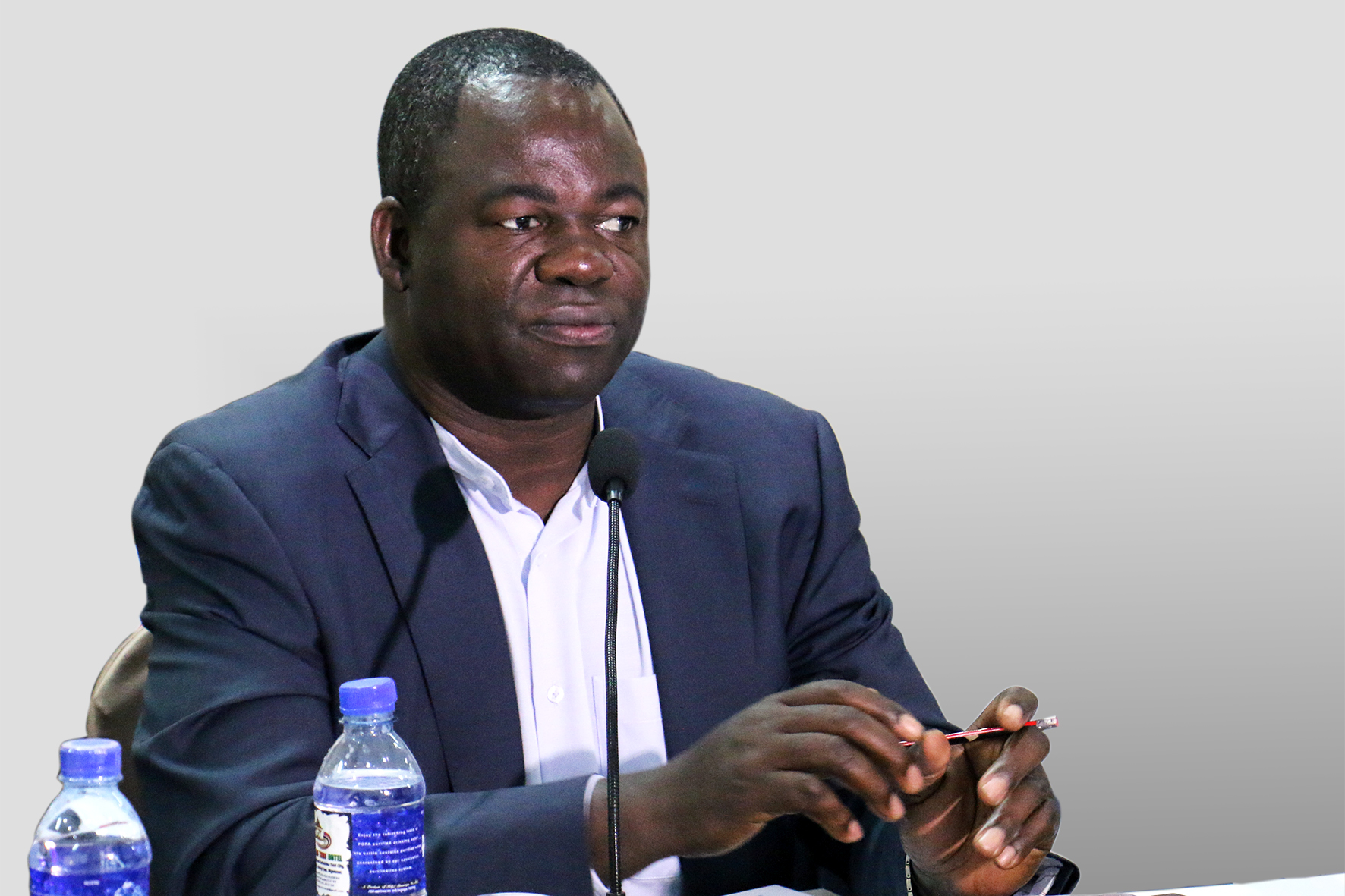Yangon - The dawn of a democratic era in Myanmar has brought new players to Myanmar’s political landscape. Since 2011, the Pyithu Hluttaw (Parliament) has been holding sessions. Representatives of all three parliament chambers – Pyidaungsu Hluttaw, Pyithu Hluttaw and Amyotha Hluttaw – need data and information for various parliamentary committees. The task of finding and providing the required information falls to the Myanmar Parliament Research Service at the Myanmar Parliament, Nay Pyi Taw. However, the research staff are finding that they lack the skills to gather and analyse information.
Frederick Okwayo, UNFPA’s Chief Technical Advisor for the Myanmar 2014 Census, said: “The (Myanmar Parliament Research Service) staff has little experience in the use and analysis of basic statistics such as percentages, ratios, averages, as well as in the interpretation of tables and graphs. There is a general lack of technical expertise in Microsoft Excel or similar spreadsheet applications. Most of all, they need to access data on numerous issues, which is always difficult in developing countries such as Myanmar.” However, now they can access data on gender, education, labour, health, and migration, among other information, from the Myanmar Population and Housing Census 2014.
The United Kingdom’s lower house, the House of Commons, and the Myanmar Hluttaw have been working together for a number of years to develop the Myanmar Parliament Research Service. In March 2016, staff members from the Myanmar Parliament Research Service were trained on the effective utilization of data in their research documents. UNFPA, in collaboration with the Department of Population, Ministry of Labour, Immigration and Population, participated in the training. It aimed to foster a deeper understanding of data from the census. The training also aimed to familiarize research service staff with basic concepts of data use and analysis, as well as information presentation and dissemination. Overall, the training intended to enhance the policymaking process by using census data.
Ma Ohnmar Zin, a researcher for the Hluttaw, attended the training, and said: “We were trained on the analysis and interpretation of data, and developing effective presentations employing graphics. For most of us, these techniques are new. The training has greatly enhanced our research methods.” Since then, Ma Ohnmar Zin has participated in the development of a number of research papers for the Representatives. She explained: “Representatives often request information on specific issues such as education, direct investment in Myanmar, and a number of social issues. For instance, last month, I was requested to prepare a paper on education, focusing on the literacy rate in the country. Thanks to the UNFPA training, I based the paper on the population pyramid illustrating the youth bulge, and emphasized the importance of educating young people. I pointed out that the youth are a great potential for the development of the country.”
Frederick Okwayo agreed: “UNFPA intends to consolidate additional trainings and census dissemination initiatives with other partners from the UN system and civil society organizations in the coming months. In addition, we understand that the United Kingdom House of Commons and Hluttaw Research Service have plans for more trainings to encourage and increase the use and dissemination of census data.” All of these activities will greatly enhance the Myanmar Parliament Research Service, an essential source of information in the policymaking process.



